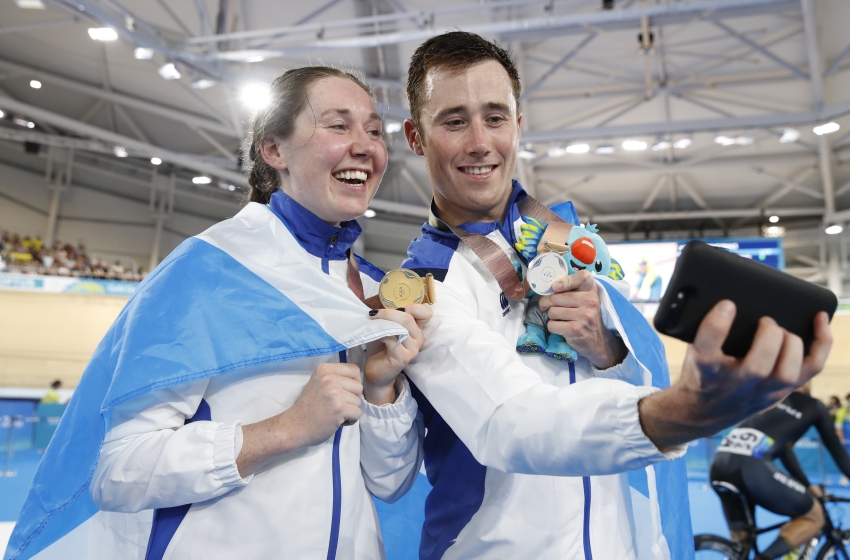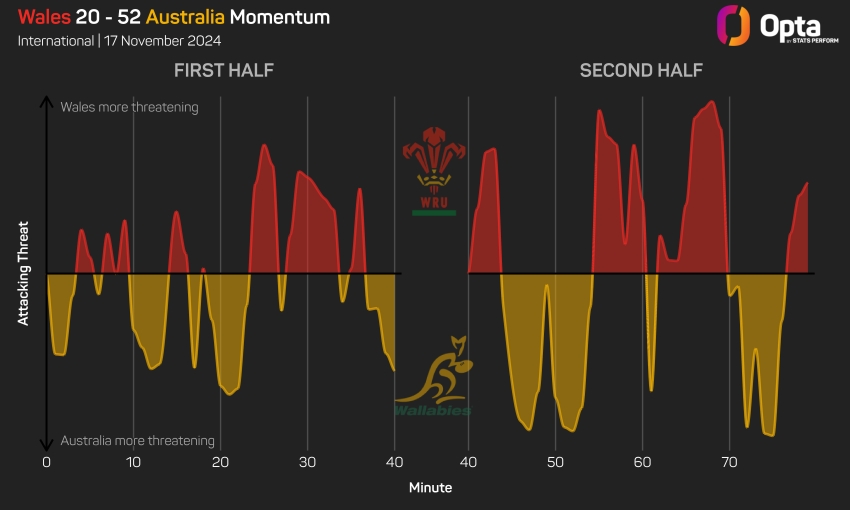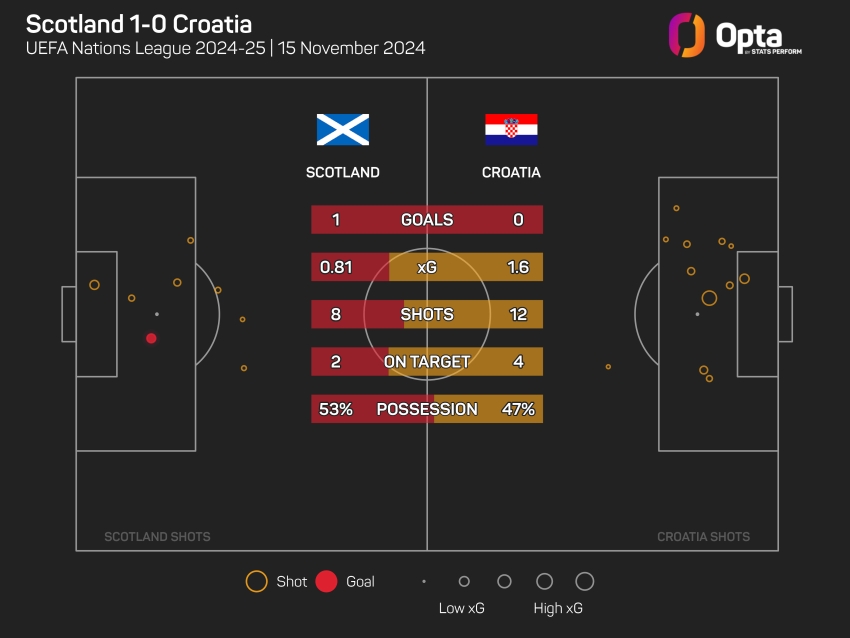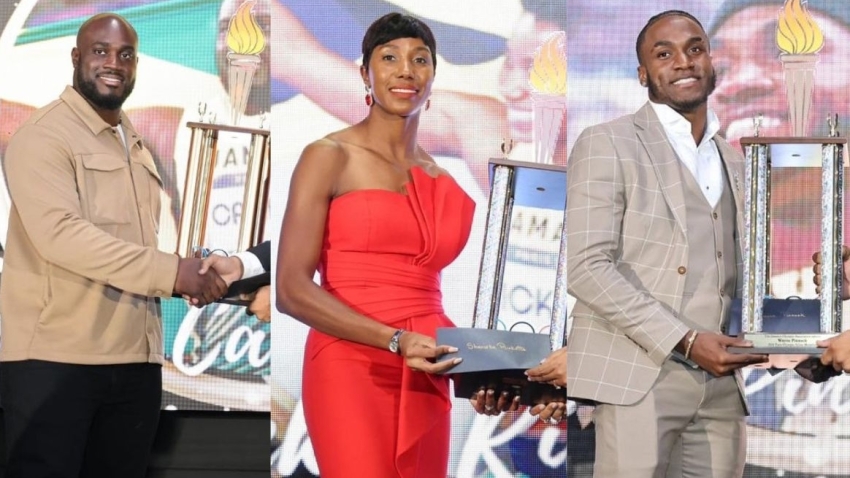Steve Clarke says Scotland "never lost belief" as they secured a last-gasp 2-1 victory over Poland to give themselves a lifeline in the Nations League.
Scotland needed a win to avoid automatic relegation and finished third in Group A1. They now face a relegation play-off to defend their place in the top tier of the competition.
Scotland made a lightning-quick start in Warsaw as John McGinn, who was rewarded with a place in the starting line-up after scoring the winner against Croatia, cushioned in his 20th goal for the national team after just three minutes.
Billy Gilmour and Scott McTominay both hit the woodwork as they attempted to double their lead before the break, while Craig Gordon produced some fine saves to protect their advantage.
Kamil Piatowski's stunning strike pulled Poland level just before the hour-mark, but Andy Robertson, on his 80th appearance, proved the difference, rising high to send a towering header past Lukasz Skorupski in the 93rd minute.
Robertson is the first player to score a 90th-minute winner for Scotland since McTominay against Israel in a World Cup qualifier in October 2021.
It is the first time since March-September 2023 (a run of five) that Scotland have won back-to-back internationals, and Clarke was delighted to finish the Nations League group stage on a high.
"A good way to end this Nations League campaign. You always believe. It was a very open game, a lot of chances," Clarke said.
"We always felt one more chance would come, maybe not from the source it actually came from, but it was a fantastic cross from John Souttar, who was outstanding defensively, and a great header from the captain.
"We started with three defeats, three narrow defeats, with good performances. The players didn't lose belief. I didn't lose belief in the players, and they end up taking seven points from the last three games, which gets us into the play-off.
"The more you play at this level, the better you get. The players never lost belief.
"There's been a lot of good moments over my five-and-a-half years, and this is just another step on the journey."
The draw for the Nations League play-offs will take place on Friday, with the ties to be played in March.





























